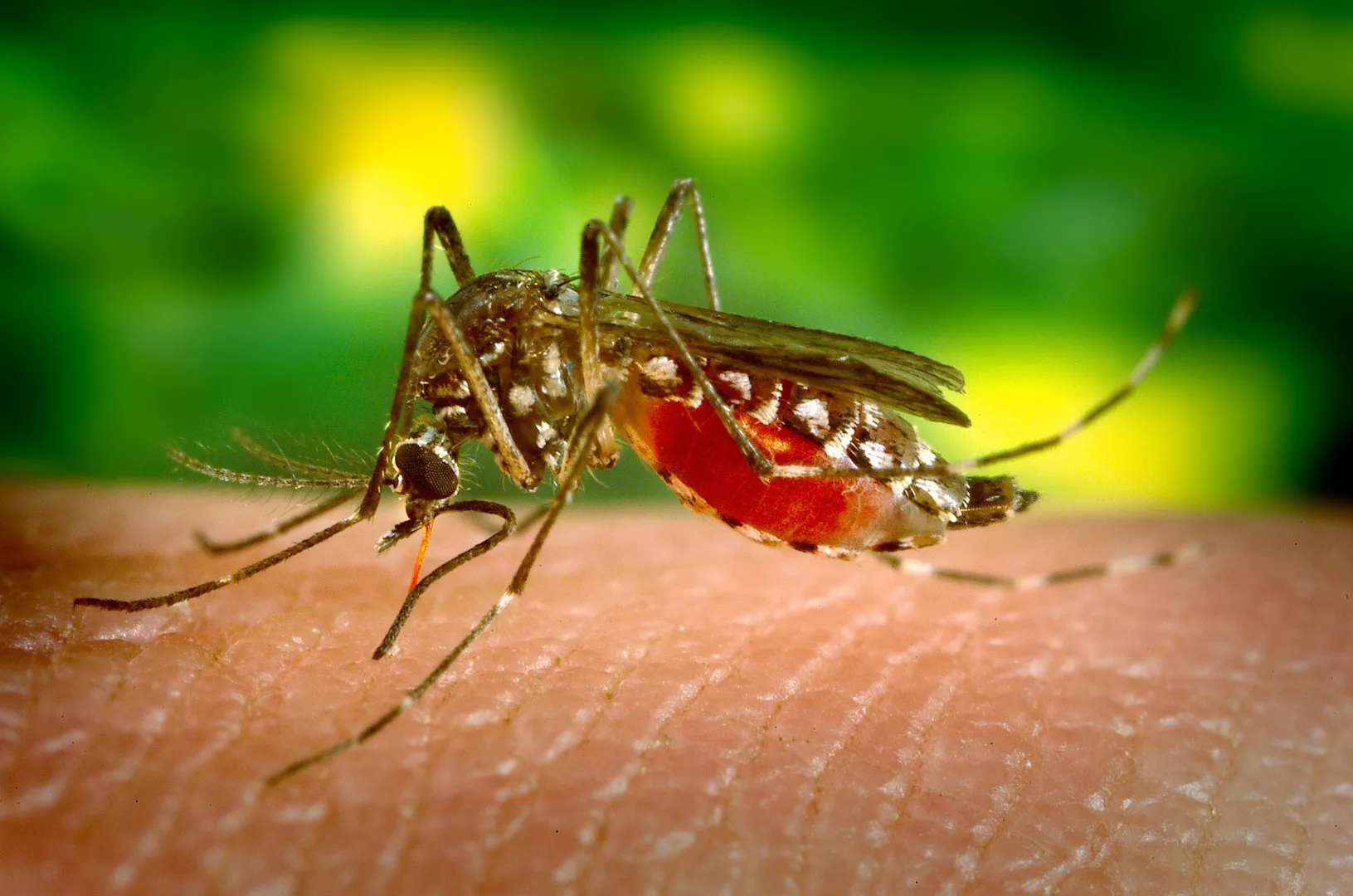Understanding the immune system and the role of a balanced diet, sleep, and exercise to stress management, hydration, and incorporating superfoods, we’ll cover various aspects of immune health. Additionally, we’ll discuss the importance of vitamin D, herbal remedies, hygiene practices, and the power of positive thinking.

Image by diana.grytsku on Freepik
Introduction
Maintaining a robust immune system is critical for general health and well-being in today’s fast-paced society. Our immune system is critical to protecting our bodies from sickness and viruses. While there is no magic pill to boost immunity overnight, adopting a healthy lifestyle can significantly strengthen our immune system and improve our body’s natural defense mechanisms. This article will provide you with practical lifestyle tips that can help boost your immunity naturally.
Understanding the Immune System
The immune system is a complex network of cells, tissues, and organs that work together to protect our bodies from harmful pathogens and foreign invaders. It consists of white blood cells, antibodies, lymph nodes, and the spleen, among other components. A robust immune system recognizes and destroys harmful substances, preventing infections and diseases from taking hold.
Balanced Diet and Immunity
A well-balanced diet rich in fruits, vegetables, whole grains, lean proteins, and healthy fats is essential for supporting a strong immune system. Nutrients like vitamins A, C, D, and E, as well as zinc and selenium, play a vital role in immune function. Including foods such as citrus fruits, berries, leafy greens, nuts, seeds, and fish in your diet can provide these essential nutrients.
Adequate Sleep and Rest
Proper sleep and rest are essential for maintaining a healthy immune system. During sleep, our bodies repair and rejuvenate, strengthening our immune defenses. Aim for seven to eight hours of quality sleep each night, establish a regular sleep schedule, and create a relaxing bedtime routine to promote better sleep.
Image by Freepik

Regular Exercise and Physical Activity
Engaging in regular exercise and physical activity has numerous benefits, including boosting immunity. Exercise increases blood circulation, improves cardiovascular health, and enhances the immune response. Aim for 150 minutes of moderate-intensity exercise each week or 75 minutes of strenuous activity. Find activities that you like, such as walking, running, swimming, or dancing, and include them in your daily routine.
Stress Management
Chronic stress can depress the immune system, leaving you vulnerable to infections and disorders. It is essential to find effective stress management techniques that work for you. Consider practices like meditation, deep breathing exercises, yoga, or engaging in hobbies that help you relax and unwind. Prioritizing self-care and taking breaks when needed can significantly reduce stress levels. (checkout our latest TOG Web Stories on health a d stress management)
Read more about – Breathing Techniques Offer Proven Anxiety Relief
Hydration and Immune Health
Staying hydrated is crucial for maintaining optimal immune health. Water helps transport nutrients, eliminate waste products, and support overall body functions. Aim to drink at least eight glasses of water per day, and hydrate more during hot weather or when engaging in physical activity.
The Importance of Vitamin D
Vitamin D plays a vital role in immune function, and deficiencies have been linked to increased susceptibility to infections. Spend time in the sun to allow your body to naturally create vitamin D. If sunlight exposure is limited, consider taking a vitamin D supplement after consulting with a healthcare professional.
Incorporating Superfoods into Your Diet
Certain foods are known as superfoods due to their exceptional nutritional value and immune-boosting properties. These include blueberries, spinach, kale, turmeric, garlic, ginger, and green tea. Adding these superfoods to your diet can provide a range of antioxidants, vitamins, and minerals that support immune function.
Herbal Remedies for Immune Support
Herbs like echinacea, elderberry, astragalus, and garlic have been traditionally used to support immune health. While their effectiveness may vary, some studies suggest that certain herbal remedies can enhance immune responses. Consult with a qualified herbalist or healthcare professional to determine the most suitable herbal supplements for you.
Limiting Alcohol and Smoking
Excessive alcohol consumption and smoking can weaken the immune system and increase the risk of various health problems. Limiting alcohol consumption and quitting smoking can boost immune function and general health.
Image by nensuria on Freepik

Maintaining a Healthy Weight
Maintaining a healthy weight through a balanced diet and regular exercise is essential for optimal immune function. Obesity can impair immune responses, making individuals more susceptible to infections. Focus on achieving and maintaining a healthy body weight to support your immune system.
Good Hygiene Practices
Practicing good hygiene is crucial for preventing the spread of infections. Wash your hands with soap and water for at least 20 seconds on a frequent basis, especially before meals and after using the sink or toilet. Cover your mouth and nose with a tissue or your elbow when sneezing or coughing, and avoid touching your face as much as possible.
Sunshine and Fresh Air
Spending time outdoors in natural surroundings exposes you to fresh air and sunlight, both of which have immune-boosting benefits. Sunlight helps the body produce vitamin D, while fresh air provides oxygen and helps clear the respiratory system. Make an effort to spend time in nature regularly, whether it’s going for a walk in the park or practicing outdoor exercises.
Image by Freepik

Getting Vaccinated
Vaccinations are critical to preventing infectious illnesses. Stay updated with recommended vaccinations and consult with your healthcare provider to ensure you are receiving the necessary immunizations for your age and health condition.
The Power of Positive Thinking
Lastly, cultivating a positive mindset and maintaining emotional well-being can have a profound impact on your overall health, including immune function. Practice gratitude, surround yourself with positive influences, engage in activities you enjoy, and develop a support system of friends and family.
Conclusion
Boosting your immune system naturally requires adopting a holistic approach to your lifestyle. By incorporating these lifestyle tips into your daily routine, you can strengthen your immune system and enhance your body’s ability to fight off infections and illnesses.
Disclaimer: This article is for informational purposes only. Always consult with a qualified healthcare professional before making any changes to your diet or lifestyle.
WEB STORIES FOR YOU
Stay connected with Today On Globe for the latest Global Issues and News Updates.
Explore more related articles at [TOG News / TOG Article]


















